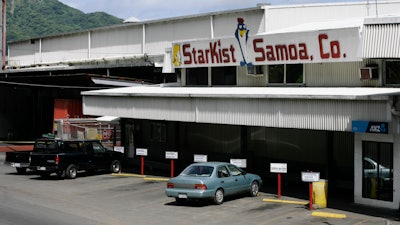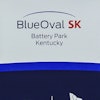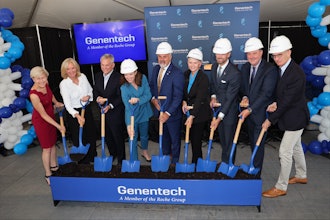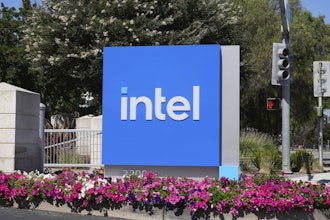
PAGO PAGO, American Samoa (AP) — The world's largest supplier of canned tuna has agreed to pay a $6.3 million penalty for wastewater violations in American Samoa, the U.S. Department of Justice announced Tuesday.
StarKist Co., based in Pittsburgh and owned by South Korea's Dongwon Industries, will also take steps to reduce environmental harm to the U.S. territory, where it is the largest private employer.
"StarKist is committed to American Samoa and its people by being a socially responsible company and doing the right thing," Andrew Choe, company president and CEO, said in a statement.
StarKist and subsidiary StarKist Samoa Co. are required to make various upgrades to reduce pollution, improve safety measures and comply with federal environmental laws at the their American Samoa tuna processing plant, the Justice Department said.
In 2014, a discharge pipeline break at the facility spilled unpermitted wastewater into the inner Pago Pago Harbor. The U.S. Environmental Protection Agency began investigating.
In addition to the wastewater violations, the EPA found StarKist was improperly storing ammonia, butane and chlorine gas.
The agreement requires StarKist to improve the facility's ammonia refrigeration system and stop using chlorine gas and butane, the Justice Department said.
As part of the agreement, StarKist said it will also purchase protective suits and scuba units to help American Samoa first responders cope with emergencies.
"Today's agreement will help prevent hazardous releases at the StarKist facility, protect workers and the local community, and reduce pollution discharged into Pago Pago Harbor by more than 13 million pounds each year," Acting Regional Administrator Alexis Strauss with the EPA's Pacific Southwest Region said in a statement.






















